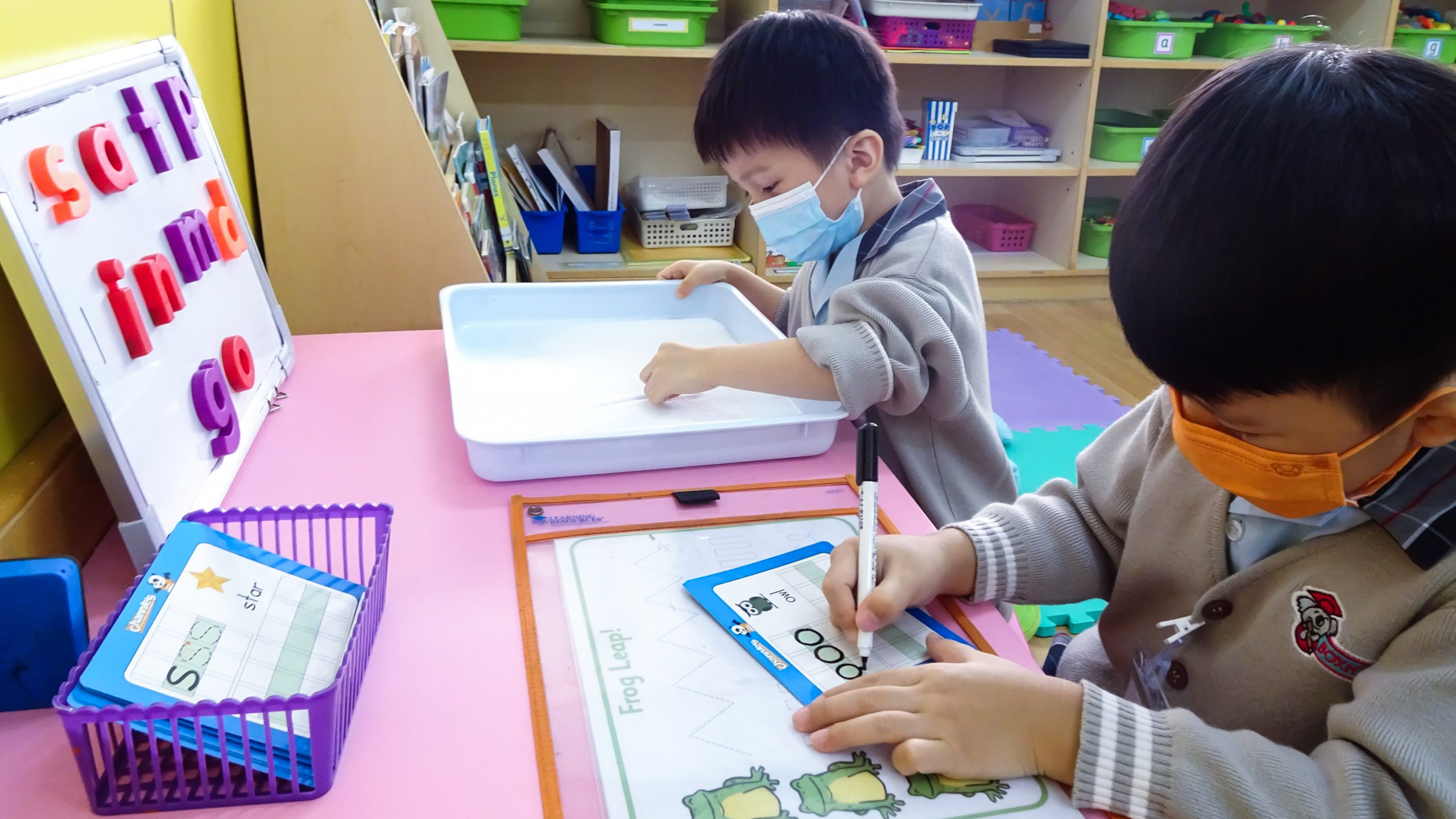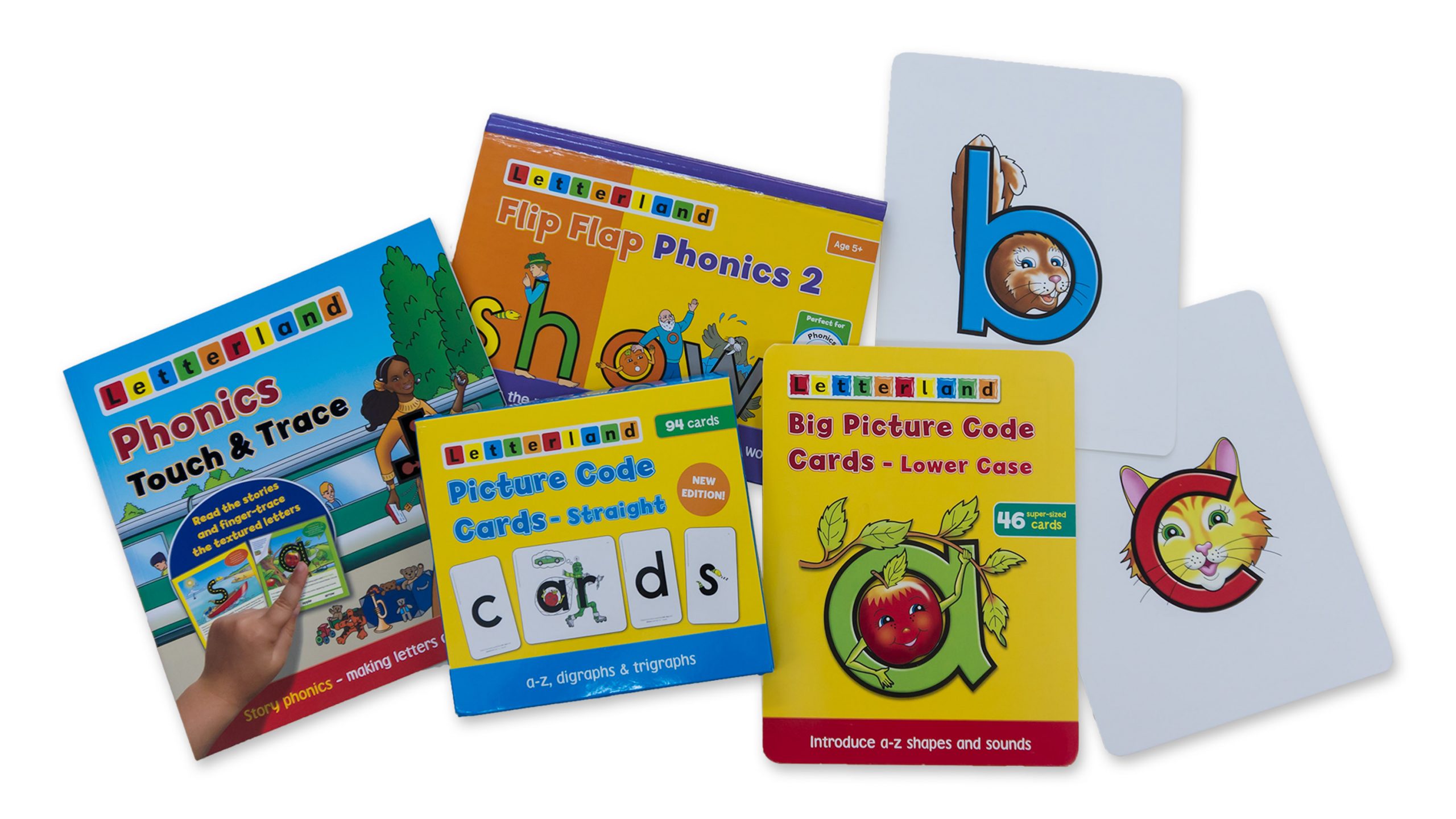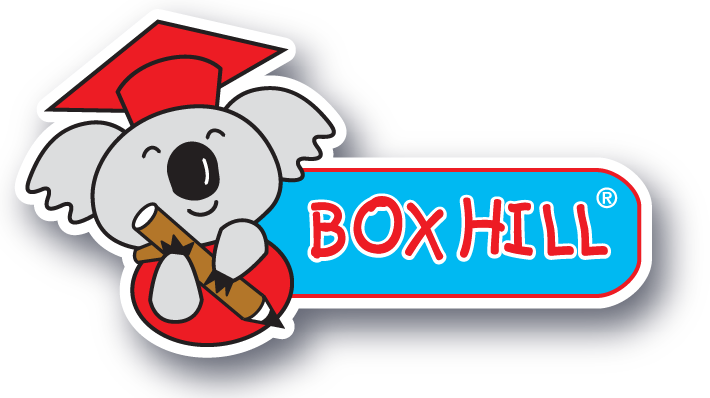Learning to read is an essential skill that children need to ensure academic and personal success. Phonics helps children attain reading proficiency through letter sounds so they can become independent learners. By breaking down the words into manageable chunks, children are able to read new words and thus increase their vocabulary. Using a systematic, synthetic phonics programme enables children to eventually read whole books with a sense of pride and fosters a love of reading. Phonics and reading can be taught in many different ways using a multisensory approach. Using songs, sensory activities, art, and even cooking can help build their phonetic knowledge in a fun and developmentally appropriate manner. Learning by doing is an essential aspect of gaining knowledge in the early years and by integrating phonics daily into the children’s lives in multiple ways, we can support their good reading habits.

Box Hill has developed English Wonderland at their campuses which is a programme specifically designed to help children with their reading skills using the Letterland Phonics Programme. Letterland is a systematic, synthetic phonics programme that is widely used in the UK and is recognised by the Department for Education (DfE) in the UK as an effective method to help children gain literacy skills.

From the simple sounds to the more complex sounds, Letterland is a progressive and child-friendly phonics system that cultivates their reading. Using a story-based framework, children are exposed to different and interesting types of stories that foster their imagination, creativity and reading comprehension. Using stories allows a higher level of engagement which in turn facilitates more learning in a meaningful manner. Creating good reading habits builds success for lifelong learning.

